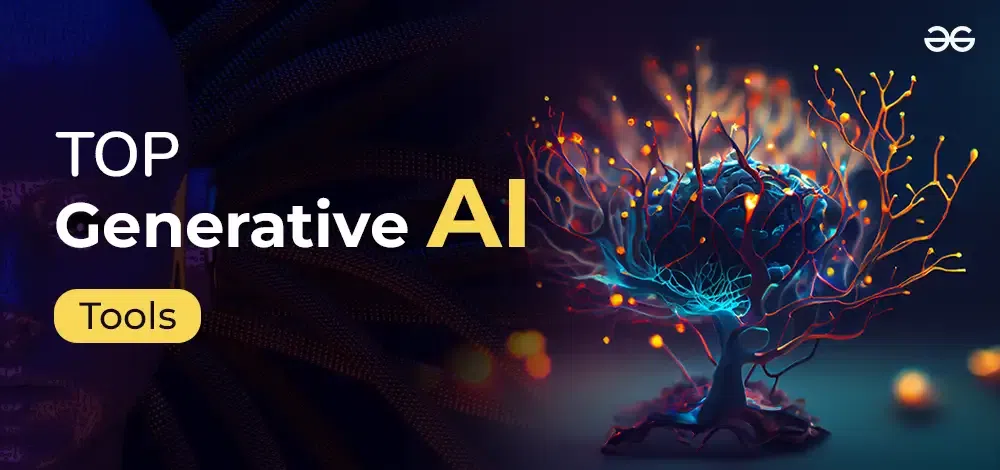Artificial Intelligence (AI) tools have become integral to modern life, transforming how we work, communicate, and interact with technology. From enhancing productivity in businesses to facilitating personal tasks, AI applications are rapidly evolving. In this Ai Tools article, we’ll explore the various types of AI tools, their applications across different industries, and the implications for the future.
Understanding AI Tools
AI tools encompass a broad range of technologies designed to simulate human intelligence processes. These include machine learning, natural language processing, computer vision, and robotics, among others. Each category serves different purposes and can be customized for specific applications.
Types of AI Tools
- Machine Learning Platforms: These tools enable systems to learn from data and improve over time without explicit programming. Common applications include predictive analytics and recommendation systems.
- Natural Language Processing (NLP): NLP tools help machines understand and interpret human language. Applications range from chatbots and virtual assistants to sentiment analysis in customer feedback.
- Computer Vision: This technology allows computers to interpret and process visual information. It’s widely used in facial recognition, autonomous vehicles, and image analysis.
- Robotic Process Automation (RPA): RPA tools automate repetitive tasks traditionally performed by humans, increasing efficiency in industries like finance, healthcare, and manufacturing.
- AI-Enhanced Analytics: These tools provide deeper insights through data analysis, identifying trends and patterns that can inform strategic decisions.
Applications Across Industries
AI tools are revolutionizing various sectors by streamlining processes, enhancing decision-making, and improving customer experiences.
1. Healthcare
In healthcare, AI tools assist in diagnosing diseases, analyzing medical images, and personalizing treatment plans. For instance, machine learning algorithms can predict patient outcomes based on historical data, enabling proactive care.
2. Finance
Financial institutions leverage AI for fraud detection, risk assessment, and algorithmic trading. By analyzing vast amounts of transaction data, AI systems can identify unusual patterns and flag potential fraud in real-time.
3. Marketing
AI tools enhance marketing strategies through targeted advertising and customer segmentation. Machine learning algorithms analyze consumer behavior to deliver personalized content, improving engagement and conversion rates.
4. Education
In education, AI-powered platforms offer personalized learning experiences, adaptively adjusting content to fit individual student needs. Additionally, AI can automate administrative tasks, allowing educators to focus more on teaching.
5. Retail
Retailers utilize AI for inventory management, customer service, and personalized shopping experiences. Chatbots and virtual assistants can handle inquiries 24/7, while predictive analytics optimize stock levels and supply chain operations.
The Future of AI Tools
As AI technology continues to evolve, its impact on society is expected to grow. Some key trends to watch include:
- Ethical AI: The conversation around ethical AI is gaining traction. Ensuring fairness, transparency, and accountability in AI systems is crucial as their influence expands.
- Integration with IoT: The convergence of AI with the Internet of Things (IoT) will create smarter environments, where devices communicate and learn from one another, enhancing automation and efficiency.
- Augmented Intelligence: Rather than replacing human workers, AI tools will increasingly augment human capabilities, leading to enhanced decision-making and productivity.
- Accessibility and Democratization: As AI tools become more user-friendly and affordable, a broader range of individuals and businesses will be able to leverage these technologies, driving innovation across sectors.
Conclusion
AI tools are reshaping the landscape of industries and our daily lives, offering unprecedented opportunities for efficiency and innovation. As we embrace these technologies, it’s vital to address the ethical considerations and ensure that AI development aligns with human values. By fostering a responsible approach to AI, we can harness its potential to improve lives and create a better future for all.
